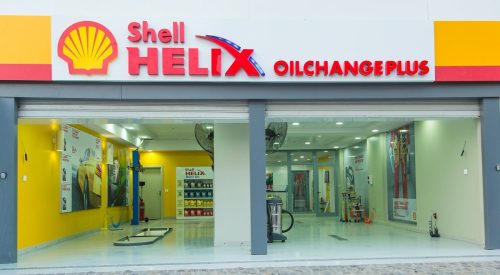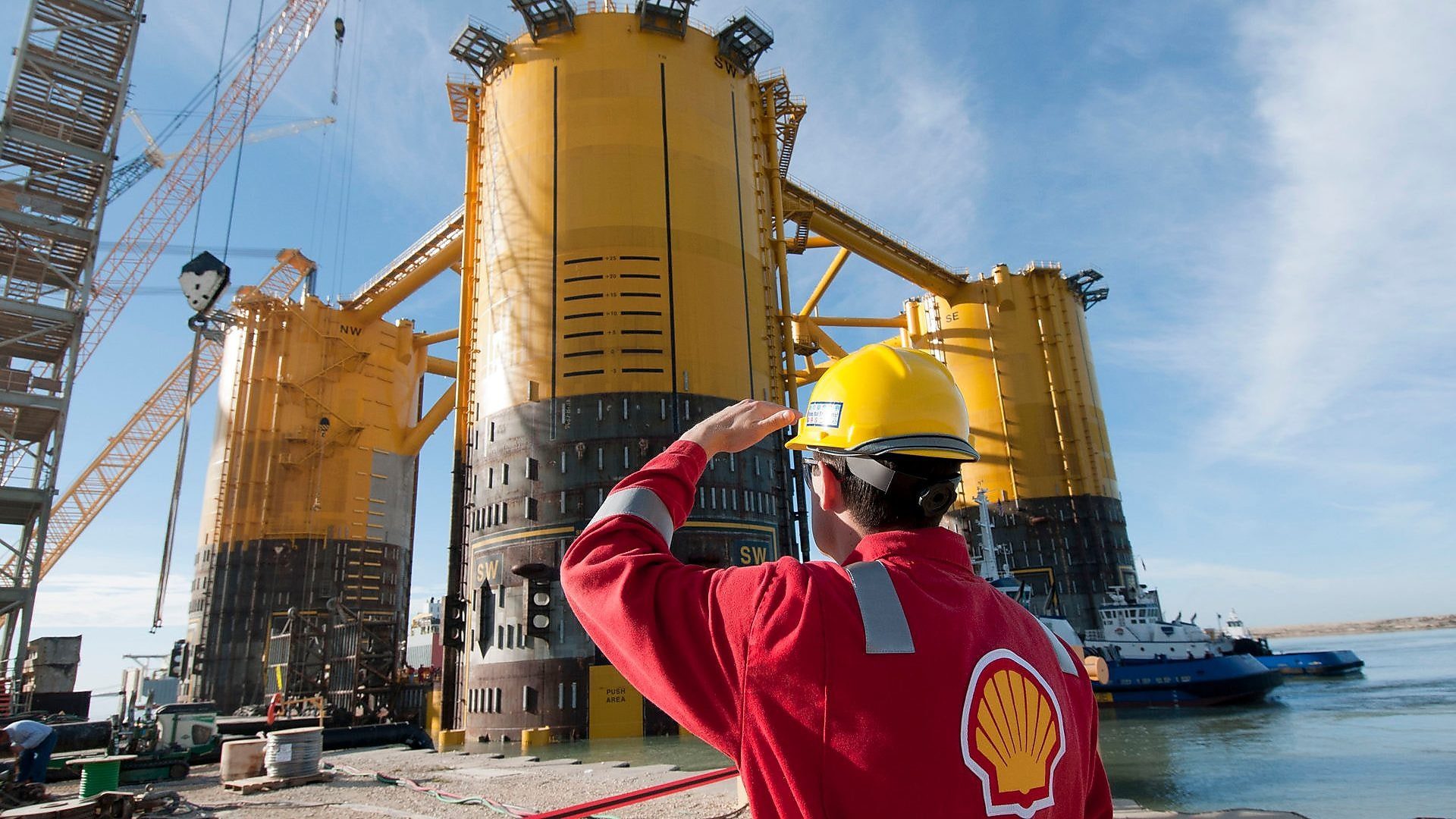Shell, one of the world’s largest oil and gas companies, has abruptly and disappointingly backed down from plans to cut oil production, to the disappointment of emissions reduction plans and environmental and climate activists.
And the Anglo-Dutch company announced that it is entering a state of review of its current plan to cut oil production by 1 to 2% annually until 2030, according to the British newspaper The Times.
And Shell took this step, after the British oil company BP announced the retraction of similar plans to reduce oil and gas production together.
The cut is unreasonable
Shell’s new CEO, Wael Sawan, has pledged to support his predecessor Van Beurden’s plans for a strategic shift towards producing low-carbon energy sources.
Despite that pledge, Sawan – who has held his position since the beginning of 2023 – announced a review of the company’s current goal of reducing oil production by 2030.
Sawan said – in an interview with the British newspaper The Times – that he has a firm view that the world will need oil and gas for a long time to come, which makes plans to cut production unreasonable and not correct.
Shell expects its oil and gas production to range between 1.8 million and 2 million barrels of oil equivalent per day during the first quarter of 2023.
British Oil BP
Rival British oil company BP last month backtracked on its plans to cut oil and gas production by 40% by the end of the decade.
And the British company reduced the target from 40% to 25%, which is a shocking blow to efforts to reduce emissions and carbon neutrality in Europe, according to Reuters.
Shell did not set a goal to reduce its gas production at all, but rather talk about reducing oil production only, in contrast to its British competitor, which targeted fossil exporters, and then retracted its plans partially, shocking previous ambitions.
Both companies have posted record profits over the past year, benefiting from a spike in oil and gas prices after Russia’s invasion of Ukraine.
$40 billion
Shell recorded a record net profit of $40 billion in 2022, a growth rate of more than 100% over the figure recorded in 2021, according to the company’s latest annual business results.
The net profit recorded in 2022 exceeds the $31 billion record recorded in 2008, which has been a reference for the company’s performance for years, according to what was monitored by the specialized energy platform.
And the results of the last quarter of 2022 contributed to the emergence of full annual results with this record boom, as it recorded $ 9.8 billion during the quarter, exceeding analysts’ expectations of $ 8 billion.
And the new CEO, Wael Sawan – a Canadian of Lebanese origin – announced plans to comprehensively restructure Shell’s activities and operations since assuming the position in January 2023.
The restructuring plans include reviewing the continuation of the retail business in more than one European country, after the sector’s revenues declined.
Retail review
On January 26, 2023, the company announced it was considering withdrawing from its home retail business in the United Kingdom, the Netherlands and Germany, as monitored by the specialist energy platform.
The company complained that the retail sectors were affected by the stifling European market conditions, which suffered record increases in wholesale gas prices during the past year due to the Ukraine war.
Gas prices in Europe increased by 300% or more during the past year 2022, which was reflected in consumer bills in a record manner that they have not been familiar with for decades.
European governments raised energy subsidy allocations with huge amounts of money, in an attempt to alleviate the suffering of citizens, while setting a ceiling for wholesale gas prices within the union, which affected retail companies, and forced some of them to withdraw and liquidate some of their businesses.
Shell tried to save retail branches in Britain during the past year by lending them 1.5 billion dollars, in order to avoid their collapse, as happened with some competitors.

withdrawal from 3 countries
Shell wants to review the financial position of its retail subsidiaries in Britain, the Netherlands and Germany, to decide whether to continue or eventually exit.
The company launched the review process in January 2023, but it does not expect a final decision on it to be issued before several months that it did not specify precisely, according to what was monitored by the specialized energy platform.
The British retail branch provides sales services to a huge number of customers, reaching 1.4 million customers, while the German branch provides service to 110,000 customers, in addition to the 16,000 customers served by the Dutch branch.
Shell has other retail companies in other countries such as the United States and Australia, but these branches were not included in the restructuring plan announced last month, according to the specialized energy platform.
related topics..
Also read..

Leave a Reply